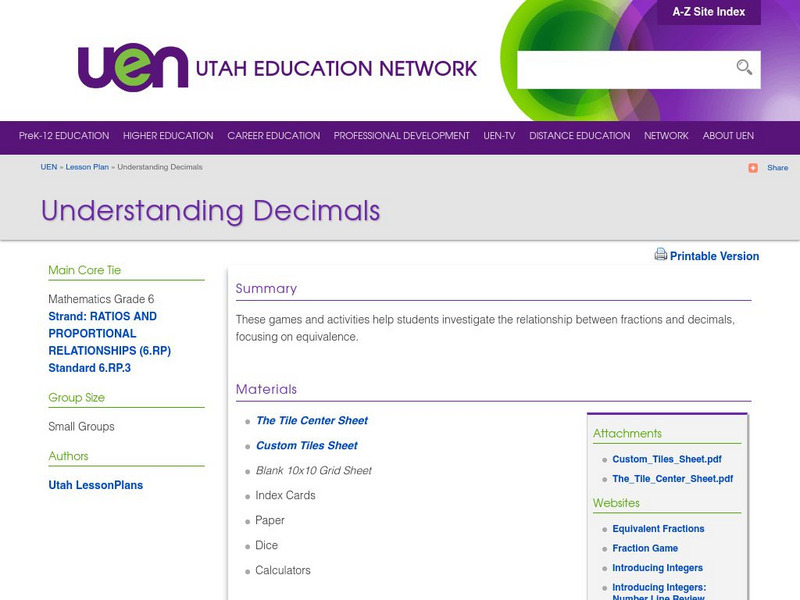Curated OER
Checkmate: What is the History of Chess?
Students create a timeline. In this history of chess lesson, students use the Internet to examine the chess history timeline. Students read books on the history of chess, answer questions and create a timeline using a software...
Curated OER
Let's Take a Chance!
Students investigate probability and the chance of an even happening. In this algebra lesson, students incorporate their knowledge of probability to solve problems and relate it to the real world. They learn to make decisions based on data.
Curated OER
Youth Gambling Addiction
Learners demonstrate how to say no to gambling. In this addiction prevention activity, students define gambling and categories of gamblers, then practice saying no to gambling. Then, learners work in small groups to role-play a gambling...
Curated OER
Meba Math (K-1)
Students work with counters and math mats to demonstrate number concepts. In this number concept instructional activity, students use cubes and configuration cards to show more or less than given numbers.
Curated OER
Unexpected Answers
Students consider probability problems with unexpected and surprising answers.
Curated OER
The Water Cycle
Students list the nine places on earth where water is found. They define the terms cycle and water cycle. Students explain how energy from the sun powers the movement of water molecules through the water cycle. They name and describe...
Curated OER
Introducing money (Elementary, Mathematics)
Young scholars study the penny, nickel, dime and quarter, one each day for four days, using a magnifying glass to identify the similarities. Then students discuss differences and value and learn a 'rap' to memorize values.
Curated OER
Probability
Third graders conduct experiment, collect data, predict, record, and discuss outcomes, and analyze data for probability.
Curated OER
"The Giver" by Lois Lowry
Students predict results, design a model, and carry out trials to determine probability based on their experimentation.
Curated OER
Which One Matters?
Learners study the balance necessary to maintain ecosystems and how changing that balance can impact the ecosystem. They identify and discuss the need for balance in any ecosystem and discuss how greenhouse gases impact ecosystems.
Curated OER
Compatible Numbers To Ten
Students solve both addition and subtraction facts and discover the relationship between adding and subtracting equations. Students read real life word problems, extrapolate needed information, and write equations to solve the story...
Curated OER
Ancient Greek Philosophers:Socrates, Plato, and Aristotle
Students discover the famous Greek Philosophers. In this Greek lesson, students find the contributions of Ancient Greece and their philosophers. This lesson includes brief bios on Socrates, Plato, and Aristotle
Curated OER
Shopping Spree
Sixth graders examine currency by completing monetary equations. In this economics instructional activity, 6th graders participate in a numbers experiment where they roll a die and earn money based on their roll. Students compete for...
Curated OER
Invent a Sport
Students identify and demonstrate the critical elements of various sports activities. They create a chart of common elements, develop rules for a new sport, and play the new sport.
Curated OER
Probability Plus
Students participate in a variety of activities to understand statistics. They collect and interpret data. Also students distinguish the difference between a population and a sample. They make inferences and create arguments using data.
Curated OER
Rules, Advice, and Course Review
Learners write about advice and rules when on a boat. In this conversation and vocabulary lesson, students write about various themes studied during the English course and reflect on what they have learned.
Curated OER
Unexpected Answers
Students explore and complete a variety of activities demonstration probability. They make observations about the results of the activities. Students complete and discuss conditional probability. Also, students draw conclusions about...
Curated OER
Modeling Forest Fires Using Probability
Learners explore forestry. They discuss creating fire breaks to control forest fires. Students create models to determine the best way to manage forest fires. They discuss current techniques of forest management.
Student Achievement Partners
Achieve the Core: Dice Addition 1 [Pdf]
This complete lesson plan has students play a dice game to begin the introduction of addition and fact fluency.
Illustrative Mathematics
Illustrative Mathematics: 7.sp.8 Tetrahedral Dice
Many games use dice which are six-sided and fair (meaning each face on the die is equally likely to land face up). Many games also use the sum of two dice rolled at the same time to determine movement of game pieces. However, not all...
Better Lesson
Better Lesson: Roll Me!
Students strengthen their 1-6 counting skills by rolling a die, counting the number of dots, counting out that number of objects, and recording their actions on a white board.
PBS
Pbs Mathline: Remove One Lesson Plan [Pdf]
Learners play a game involving chips, dice, and a number line to explore the outcomes of events. Printable lesson.
Utah Education Network
Uen: Understanding Decimals
This math game will help students understand the connection between fractions and decimals. Students will use dice, a recording sheet, and their number sense as they find equivalent fractions from decimals. During the other part of the...
University of Texas at Austin
Mathematics Teks Toolkit: Rolling Races
Students play a game by rolling dice and determining the probability of outcomes of colors.
Other popular searches
- Probability Games With Dice
- Money Games Using Dice
- Math Dice Games
- Multiplication Dice Games
- Probability Dice Games
- Subitising Math Dice Games
- Integer Dice Games
- Dice Games Exponents
- Boxcar Dice Games
- Subsiding Math Dice Games
- Maths Games Using Dice
- Mulitplication Dice Games





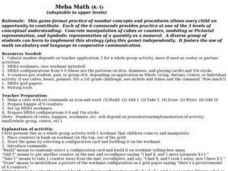
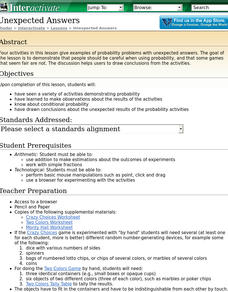







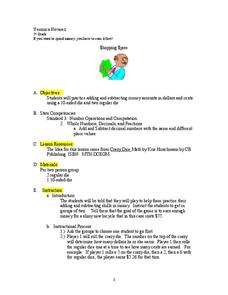

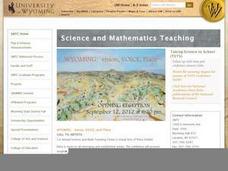

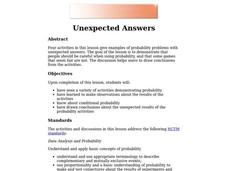

![Achieve the Core: Dice Addition 1 [Pdf] Lesson Plan Achieve the Core: Dice Addition 1 [Pdf] Lesson Plan](https://d15y2dacu3jp90.cloudfront.net/images/attachment_defaults/resource/large/FPO-knovation.png)
